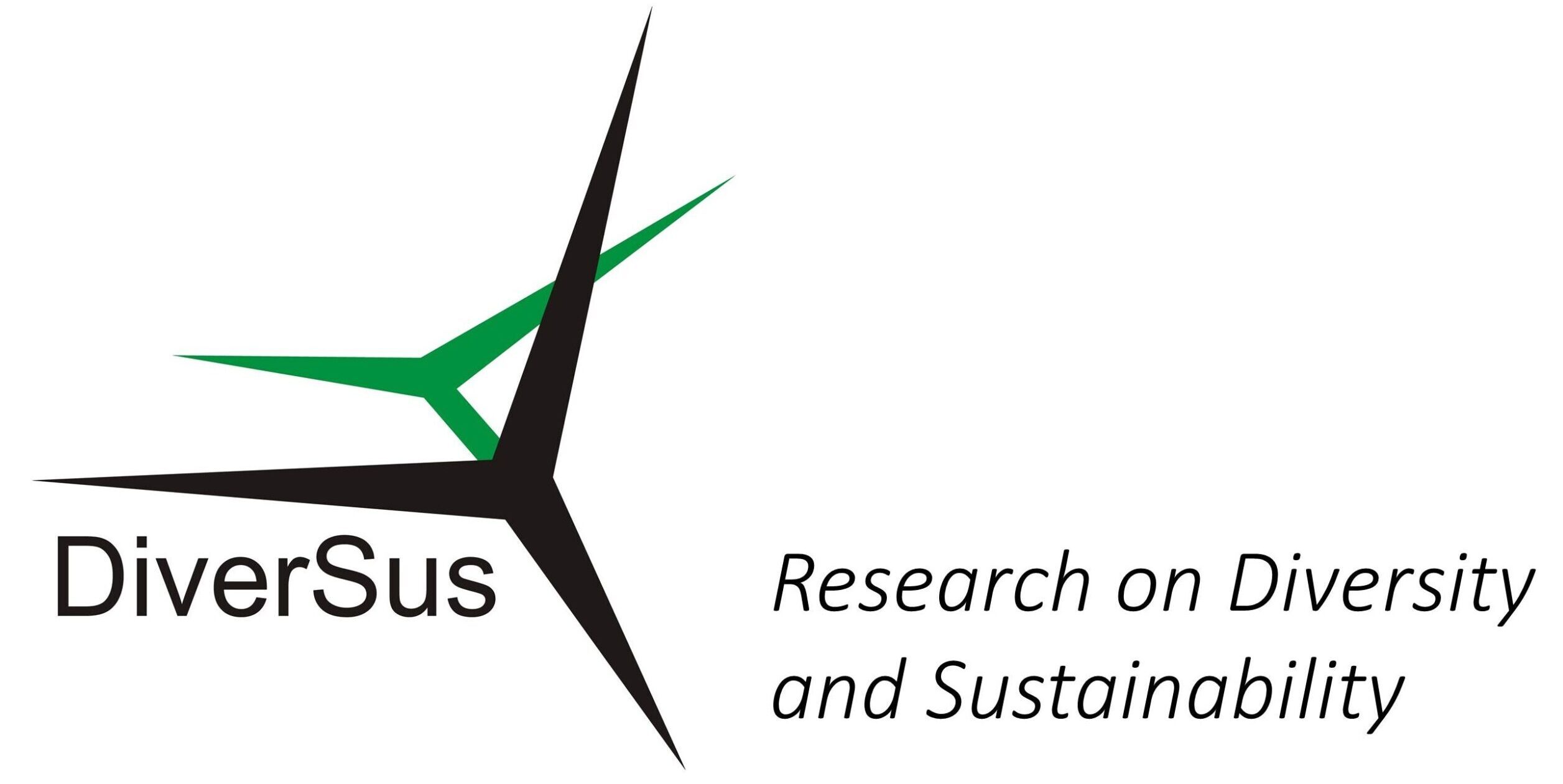Project period: 2006-2011
Main funding Institution: Inter American Institute for Global Change Research
Research team
Principal Investigator: Sandra Díaz
Co-Principal Investigators and partner institutions:
Other members of the project
Investigators
Postdocs and postgrads (at present)
Technicians
Associated scientists
Project summary
Land use change is believed to be the global change driver with the greatest potential to affect
biodiversity and ecosystem processes and services in the next decades. One of the main ways
in which land use change can alter ecosystem functioning is by causing shifts in the plant
functional biodiversity (i.e. the value, range and relative abundance of plant functional traits
present in a given ecosystem, hereafter FB). These alterations modify the ecosystem services
perceived by different stakeholders, both locally and remotely. Our proposal will focus on the
design and implementation of a new interdisciplinary framework to analyze and compare field
studies of land use change in the Americas from the tropics to the tundra . We will build a
conceptual link between major land use change trajectories, FB, ecosystem processes and
services, and vulnerability-sustainability of the production systems that are based on them.
We will give empirical content to such framework through the integration of new and ongoing
studies of FB and ecosystem processes, and by linking ecological and socio-economic
conceptual models and empirical information on perceived ecosystem services obtained in the
field. Traditional natural and social science methods of gathering empirical information in the
field will be combined with participatory methodologies in order to promote the involvement
of different stakeholders from the early stages of the process. In order to develop our
interdisciplinary framework, we propose (1) To construct a network of scientists addressing
links between land use as a driver of global change, FB shifts, and ecosystem processes and
services in the Americas; (2) To develop the first comparison of the effects of land use on FB
and to establish how this in turn has the potential to modify ecosystem processes in systems
under different degrees of climatic control; (3) To establish links between FB, ecosystem
functioning and major ecosystem services perceived by different local and non-local
stakeholders; (4) To develop a conceptual framework and a set of empirical tools and
recommendations, available to a wide community of scientists, para-scientist and landmanagers,
to be used as the basis for management decisions aimed to assess and optimize the
ecosystem-service value of the land considering the interests of different stakeholders.
Our project has the potential to advance the interdisciplinary field of ecology and
sustainability in the region. We will advance the scientific understanding of the links between
FB and ecosystem processes, and we will carry out the first large-scale attempt to evaluate FB
in megadiverse neotropical forests. A set of standard protocols that could be used widely in
the study and management of FB in the region will be developed in the process and made
available to the wider community. We will provide the first conceptual framework, backed up
by empirical data and validated by the participation of different stakeholders, about the links
between FB and the ecosystem services obtained or lost by different land use practices
common in the region. We will contribute to capacity building in interdisciplinary ecosystem
assessment in the Americas, with emphasis in Latin America. at different levels, from
scientists to managers to grassroots organizations.
